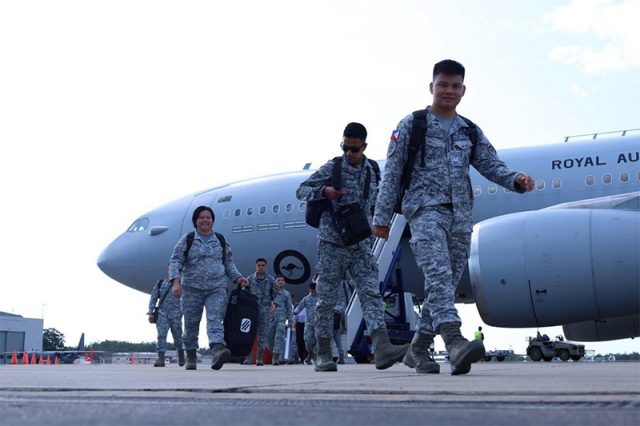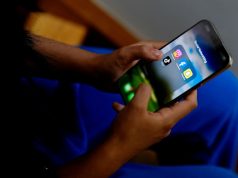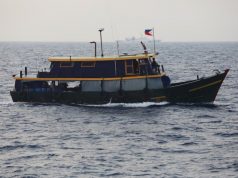
DARWIN, Australia — The Philippines Air Force arrived in northern Australia on Wednesday on its first overseas deployment in six decades for combat practice alongside U.S. and Australian fighter jets, amid a rise in tensions with China in the South China Sea.
Four Philippine FA-50 fighter jets and 162 personnel are taking part in the Pitch Black war games over Australia’s largely unpopulated Northern Territory, involving 20 countries and 140 aircraft.
“This is the first time they have taken their combat aircraft abroad since 1963 so it is a huge honor for Australia to be chosen as the first location for the deployment,” Royal Australian Air Force (RAAF) Air Commodore Pete Robinson told Reuters.
The Northern Territory provides a “huge amount of airspace” to boost capabilities from dog fighting to using radar and missile systems to engage adversaries beyond visual range, he added.
The Philippines fighter jets would work with other air forces “to solve some complex problems against a simulated adversary and ground threats”, he said. The U.S. F-22 stealth fighter and Australia’s F-35A and F-18 are among the combat aircraft taking part.
“Bringing that package together will provide an impressive outcome that is stronger than its parts,” Robinson said.
“It’s all about enhancing our operational readiness and capabilities,” Philippines Air Force Colonel Randy Pascua said in Darwin.
China and the Philippines are locked in a confrontation in the disputed South China Sea and their encounters have grown more tense as Beijing presses its claims to shoals in waters that Manila says are well within its exclusive economic zone.
Australian Strategic Policy Institute senior analyst Euan Graham said although the Philippines has a mutual defense treaty with the United States, it would look to its own air force and navy as the first line of defense.
“Within the context of the South China Sea and the Philippines feeling an external sense of threat very strongly now from China, Manila has been trying to improve its own defense capability,” Graham said.
“The big change is they lost a lot of their capability and now they are regaining it,” he added.
The Philippines is seeking to modernize its military’s outdated hardware. Philippine Armed Forces Chief Romeo Brawner said last week the Philippines wants to buy longer-range, multi-role fighters although it has not made a decision on which aircraft it will buy for its modernization program.
Recent deals with Australia and Japan to allow militaries to visit and move through each other’s territory show the Philippines is seeking more regional defense relationships, said Graham.
In April, Australia, Japan, the United States and the Philippines held a navy cooperation exercise in the South China Sea.
“Building interoperability with our regional partners… allows us to maximize the strengths of each of the respective air forces, to bring together a group that has a shared value for sustaining peace and stability across the region,” said Air Commodore Robinson.
“To make sure if the worst happens, we are ready to respond.”
— Reporting by Kirsty Needham in Darwin; additional reporting by Mikhail Flores in Manila; Editing by Miral Fahmy and Emelia Sithole-Matarise









